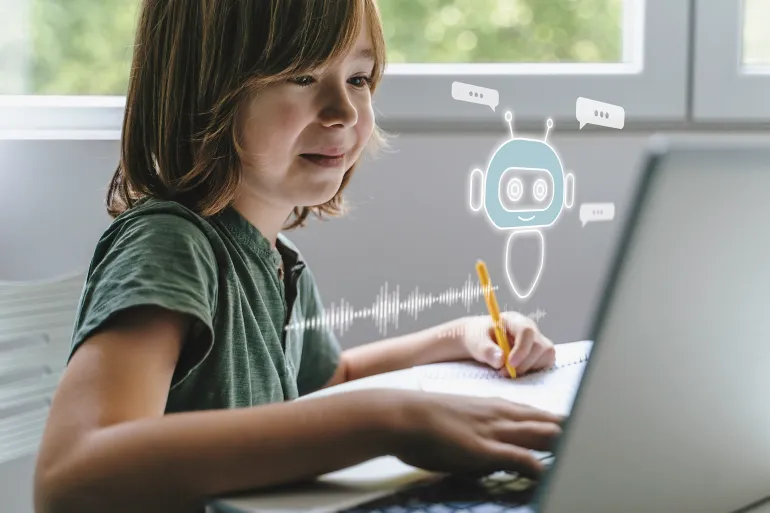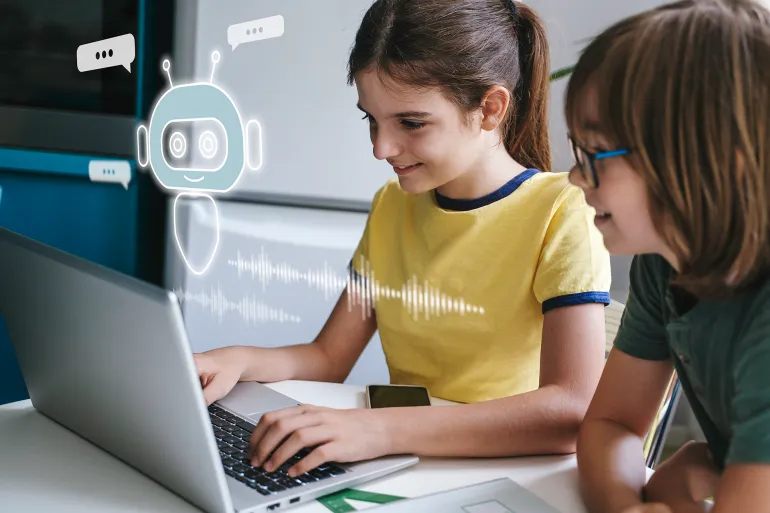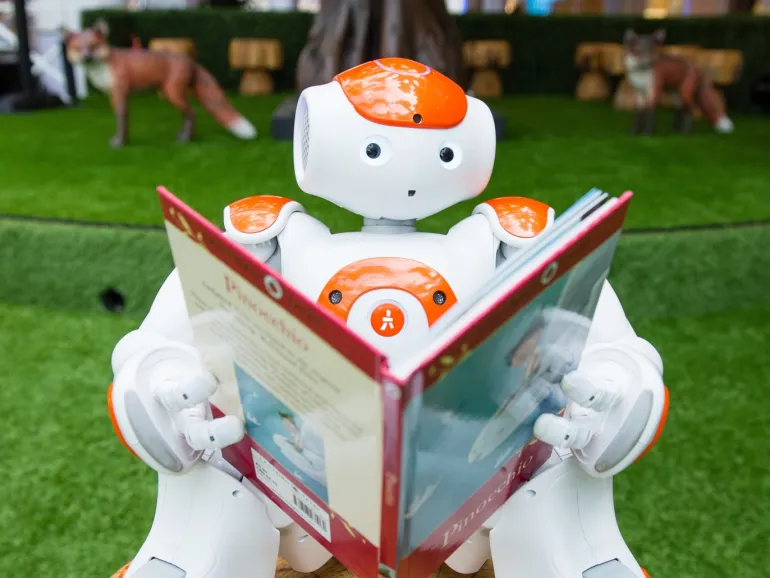Trusting Artificial Intelligence for Children: Exploring Safety and Reliability
Artificial Intelligence for Children
In today’s digital age, artificial intelligence (AI) is revolutionizing the way we live, work, and interact. However, its rapid advancements also bring forth significant considerations, especially concerning the well-being of children and adolescents.
Despite the growing prevalence of AI technologies, many nations are yet to confront the potential ramifications on the social and emotional health of young individuals.
Even in the pre-digital era, children engaged with toys that fostered profound connections, albeit without interactive features like those found in modern AI-driven devices.
Today, AI is deeply embedded in various facets of our daily lives, presenting opportunities for child-centric models that engage and shape their experiences. This prompts us to ask: How does AI influence the lives of our children?
Explore the intricate relationship between artificial intelligence and childhood development, and gain insights into its multifaceted impact.
(Artificial Intelligence for Children)
You can also see:
Palworld: Third-Largest Concurrent Player Game in Steam History



